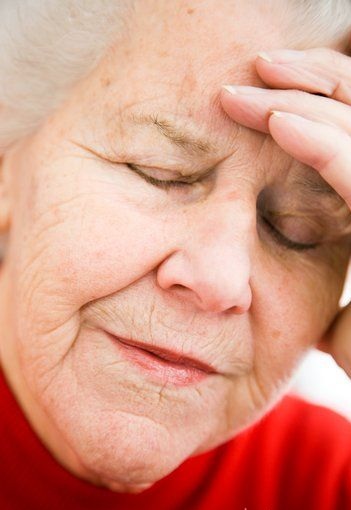The blazing summer is approaching an we need to be careful not to have heat exhaustion or even heat stroke, especially in the southern, low elevation states.
- Drink water preferably or at least nonalcoholic beverages; if your doctor generally limits the amount of fluid you drink or prescribes water pills for you, ask how much you should drink when the weather is hot
- Get plenty of rest
- Take a cool shower, bath or sponge bath during the hottest time of the day.
- Go somwhere there is an air conditioner; if your home is not air conditioned, visit an air-conditioned shopping mall, movie theater, or public library to cool off
- Wear lightweight, loose-fitting, cotton clothing; if outdoors, wear a wide brimmed hat
- Plan outdoor activities in early morning when it is cooler.
Heat strokeis the most serious heat-related illness and occurs when the body becomes unable to control its temperature. When the body’s temperature rises too fast, the body loses its ability to sweat and is unable to cool down. During heat stroke, body temperatures can rise to 103° F or higher within 10 to 15 minutes. Heat stroke can cause death or permanent disability if emergency treatment is not given. Various symptoms of heat stroke include an extremely high body temperature (above 103° F); red, hot and dry skin (no sweating); rapid, strong pulse; throbbing headache; dizziness; and nausea.
Here are some symtoms to watch for when you hitting heat exhaustion:
- Heavy sweating
- Paleness
- Muscle Cramps
- Tiredness
- Weakness
- Dizziness
- Headache
- Nausea or vomiting
- Fainting
- Skin: may be cool and moist
- Pulse rate: fast and weak
- Breathing: fast and shallow
What if it’s to late, and you find someone you love has already suffered a heat stroke. Here a few key steps to remember. First instruct someone to call for immediate medical assistance while you begin cooling the affected person by doing the following:
- Take the person to a shady area or an air-conditioned facility
- Cool the person rapidly by any means necessary – immerse the person in a tub of cool water, place the person in a cool shower, spray the person with cool water from a garden hose or sponge the person with cool water
- Offer fluids such as water and fruit and vegetable juices, but avoid alcohol and caffeine.
This blog entry was provided by Jason Monroe. Thanks to JRS Medical for taking care of the senior community through its reputable dealings with seniors and their needs.

